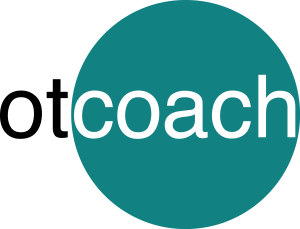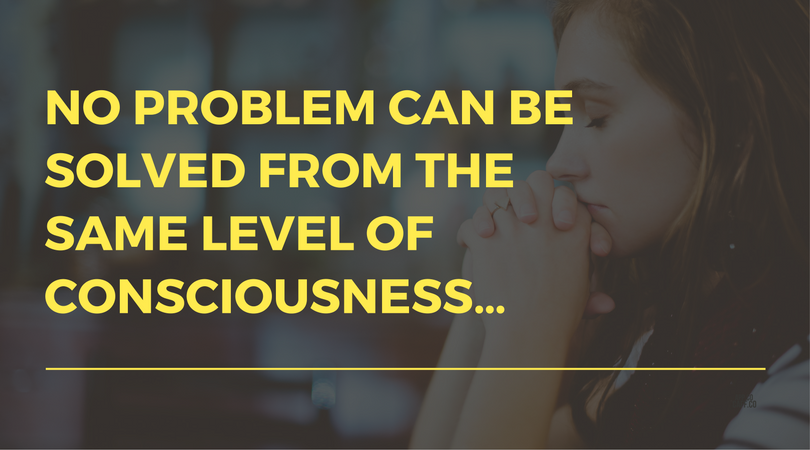As I sat at an OT networking day recently and several (that’s an understatement) things hit me…
- The willingness, courage and confidence it takes to reinstate occupation at the heart of our practice, when perhaps it has been missing for sometime
- How we need to say “no” to other things to do this
- Why this interests me as a coach…
Change is natural, normal and continuous and as my working life has progressed, I can see now that very little stays the same….except perhaps, the core of real human needs for connection, meaning, structure, safety, laughter etc.
When I look at the “changes” that have occurred in the UK health and social care arenas since I have qualified, the job of being an OT seems less and less about enabling occupation and in fact seems more and more about coping with organizational complexity, coming up with new acronyms and ticking boxes (oh dear, this may sound like a rant but bear with me).
Yesterday it really came home to me, how very difficult, neigh impossible it might feel for those at the grass roots to make the changes that our OT professional body, academia and those in different settings (that includes me) seem to want us to do: return our practice to “occupation” . Yet I also see daily examples of OTs doing just that.
During our group yesterday, there seemed to be a thick fog which descended when we tried to address the reflective question. It was something like “how can we move to a seamless service, whilst embracing social inclusion, occ focus, personalisation etc”. Sorry I can’t remember the question exactly (DW), but the fog which seemed to engulf our group, clearly got to me too.
People got very stuck in the practicalities of different services, new ways which didn’t work and just added to the complexity of provision. I also sensed that one of our professional strengths being holistic and knowing who to signpost to/refer on to, was also a big block as it meant we often sort/solve everything and have knowledge about so many different things, that the occupational focus gets lost!
I got stuck too, very stuck, until I came home, got centred and a bit quiet and put my coach hat on.
The voice that arose, which I like to think was Einstein himself, said the following:
“No problem can be solved from the same level of consciousness that created it” (Einstein )
If we try and “solve” this problem in the way it has been tackled in the past, we will just end up adding in a new service, new referral form, new acronym, further complexity etc. Small impactful changes are needed …an ownership from each individual to do things differently, even in small ways.
We need to ask ourselves some more helpful questions (ah yes the coaching bit at last)
- What is working well at present? Or “What is working well in my practice that it is occupationally focussed?”
- Do I know what occupationally focussed practice means? Yes that is a closed question!
- What will happen if I do nothing and don’t change my practice focus?
- What do I have to gain by keeping the status quo/changing nothing in my work/job?
- But what might I lose, by not changing?
- What might happen at a bigger level, if OT doesn’t focus on occupation?
- What could happen if it does?
- If nothing changes at an organizational level, what small changes could I make that will have the biggest impact to my practice and my clients lives?
- In spite of being often inhumanly busy, what tiny thing could I do differently?
- What am I willing to say “no” to, which will bring my work back to an occupational focus?
- How do I benefit from saying “yes” too often, to non OT stuff?
- What role models could I seek that may provide some inspiration?
- How much do I still believe in the core philosophy of OT?
- What do I intuitively know that helps human beings live a meaningful, well life?
Oh gosh, well there are some bigguns in there, but perhaps just ask yourself the sticky ones….no point asking the ones that you want to answer? Or maybe there is!


